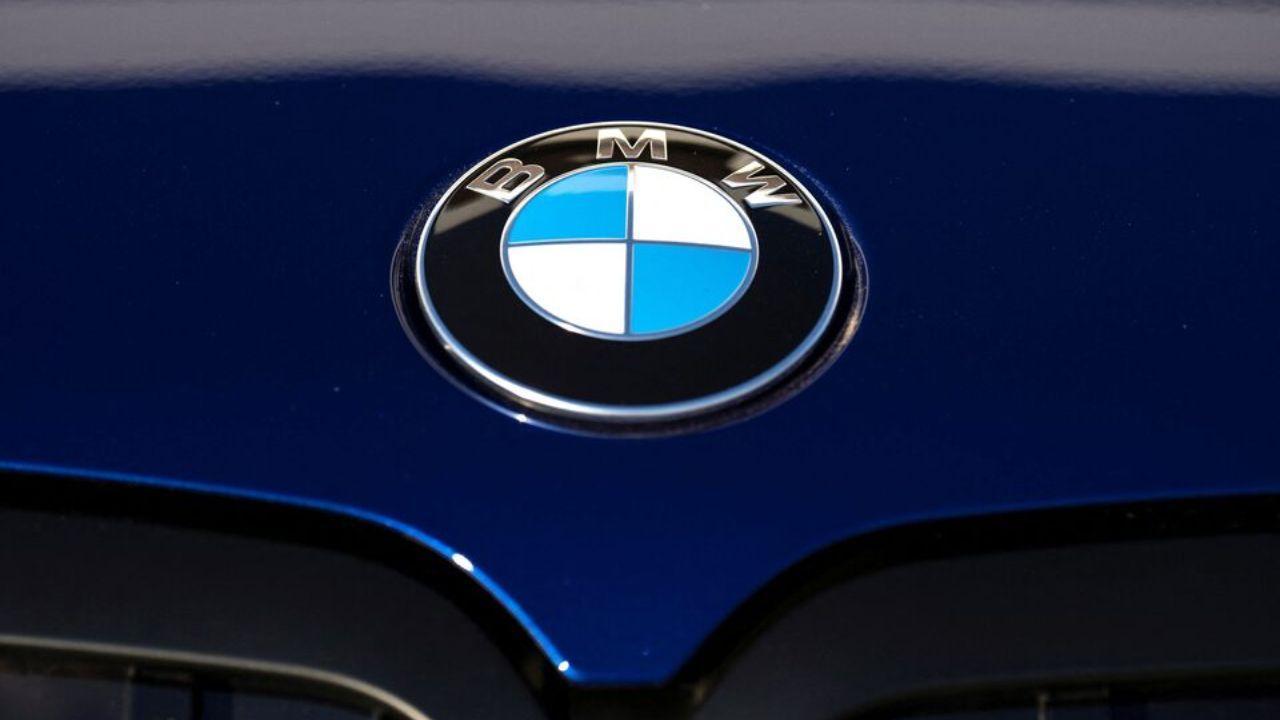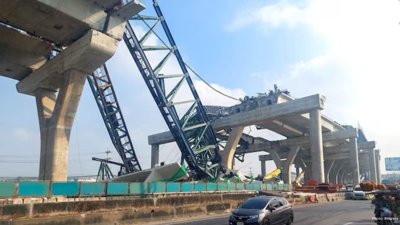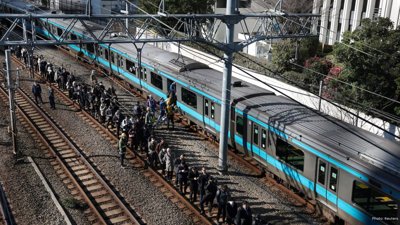
Post by : Ramanpreet Kaur
Photo:Reuters
BMW has reached a big achievement in India’s growing electric vehicle market. The luxury car brand has delivered more than 5,000 electric cars in the country, showing how quickly Indian buyers are shifting toward cleaner and greener mobility. Along with this sales success, the company also revealed the launch of a new charging corridor that stretches 4,000 kilometers across important highways and routes, making electric driving easier and more convenient for its customers.
This milestone is not just about numbers. It shows that the Indian luxury car market is changing, with more people choosing electric vehicles over traditional fuel-based cars. For years, electric vehicles were seen as futuristic but limited, often with concerns about charging and long-distance travel. But now, with growing awareness about climate change, rising fuel prices, and government support for electric mobility, more Indian buyers are taking the step toward electric cars. BMW’s achievement of crossing 5,000 EV deliveries proves that the demand is no longer just a trend but part of a larger transformation in the auto industry.
The company explained that the 5,000 deliveries include its wide range of fully electric models. BMW offers different EVs that combine luxury, technology, and performance, which has attracted buyers looking for something beyond just a regular car. Indian customers, especially those in big cities like Delhi, Mumbai, Bengaluru, and Hyderabad, have shown strong interest in electric luxury cars. These customers often want not only eco-friendly options but also advanced features and powerful performance, which BMW EVs promise to deliver.
What makes this achievement more meaningful is the parallel effort to improve charging infrastructure. BMW has announced the launch of a 4,000-kilometer charging network, which will cover major routes and highways across India. This charging corridor is designed to solve one of the biggest challenges that electric car owners face—range anxiety, or the fear of running out of battery during long drives. By placing charging stations at key points on popular travel routes, BMW aims to give its customers the freedom to take their electric cars on long journeys without worry.
This network will not only benefit BMW owners but is also likely to push the overall EV ecosystem in India forward. Better charging options mean that more people will start seeing electric cars as practical and reliable. Industry experts believe that such steps by luxury carmakers will set examples for others and push the growth of EV adoption in India even faster.
BMW’s strategy shows a balance between delivering high-end products and investing in long-term infrastructure. The company understands that electric cars cannot grow in isolation; they need strong support systems like charging points, service facilities, and awareness programs. With this new charging corridor, BMW is showing that it is ready to invest in India’s electric journey, not just sell cars.
The delivery milestone also comes at a time when India’s electric vehicle market is gaining global attention. India has set ambitious targets for EV adoption in the coming years, and both global and local automakers are racing to capture this fast-growing market. While the majority of EV sales in India still come from two-wheelers and three-wheelers, the demand for electric passenger cars is also rising steadily. Luxury brands like BMW are helping bring attention to the premium side of the EV market, showing that electric mobility can be both stylish and powerful.
BMW’s announcement also highlights the growing competition in the premium EV space. Other carmakers such as Mercedes-Benz, Audi, and Volvo have also launched electric models in India. However, BMW reaching the 5,000 delivery mark with strong infrastructure expansion gives it an advantage in building customer trust. It also sets a benchmark for other luxury brands, showing that with the right products and proper planning, India can be a strong market for electric mobility.
Customers who have bought BMW EVs have praised not only the performance of the cars but also the company’s after-sales support. Many owners say that driving an electric BMW feels no different from driving a traditional model when it comes to luxury and comfort, but it brings the added satisfaction of helping reduce emissions. The launch of the charging corridor is expected to further improve this ownership experience, making electric mobility more convenient for families and individuals who like to travel long distances.
Industry observers say that this achievement is more than just a business milestone. It is a signal that India’s electric car market is maturing. Even though challenges remain, such as the need for faster charging technology and better affordability, the progress made by companies like BMW proves that the market is moving in the right direction.
As India continues to push for cleaner energy and sustainable mobility, the role of luxury carmakers will remain important. They not only bring advanced technology to the market but also create aspirations that influence a larger audience. BMW’s success with EVs could inspire more middle-class buyers to consider electric options in the future, once the technology becomes more affordable and widespread.
For now, the crossing of 5,000 EV deliveries and the creation of a 4,000-kilometer charging network marks a new chapter for BMW in India. It reflects the growing confidence of Indian customers in electric mobility and the commitment of automakers to support this change. The road ahead for electric vehicles in India is long, but milestones like this bring the country one step closer to a cleaner, greener future of transport.
BMW India










Advances in Aerospace Technology and Commercial Aviation Recovery
Insights into breakthrough aerospace technologies and commercial aviation’s recovery amid 2025 chall

Defense Modernization and Strategic Spending Trends
Explore key trends in global defense modernization and strategic military spending shaping 2025 secu

Tens of Thousands Protest in Serbia on Anniversary of Deadly Roof Collapse
Tens of thousands in Novi Sad mark a year since a deadly station roof collapse that killed 16, prote

Canada PM Carney Apologizes to Trump Over Controversial Reagan Anti-Tariff Ad
Canadian PM Mark Carney apologized to President Trump over an Ontario anti-tariff ad quoting Reagan,

The ad that stirred a hornets nest, and made Canadian PM Carney say sorry to Trump
Canadian PM Mark Carney apologizes to US President Trump after a tariff-related ad causes diplomatic

Bengaluru-Mumbai Superfast Train Approved After 30-Year Wait
Railways approves new superfast train connecting Bengaluru and Mumbai, ending a 30-year demand, easi